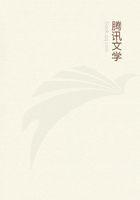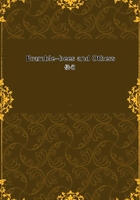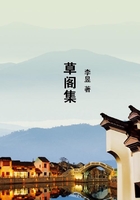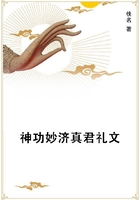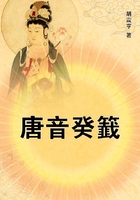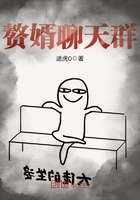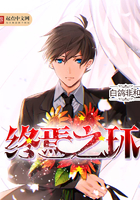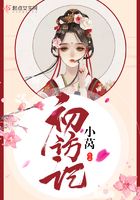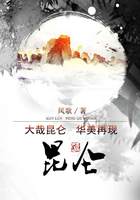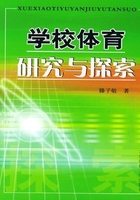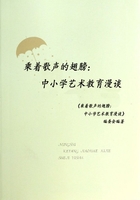The above title may strike some of my readers as strange. It is assumed by most people nowadays that all work is useful, and by most well-to-to people that all work is desirable. Most people, well-to-
do or not, believe that, even when a man is doing work which appears to be useless, he is earning his livelihood by it--he is "employed,"
as the phrase goes; and most of those who are well-to-do cheer on the happy worker with congratulations and praises, if he is only "industrious" enough and deprives himself of all pleasure and holidays in the sacred cause of labour. In short, it has become an article of the creed of modern morality that all labour is good in itself--a convenient belief to those who live on the labour of others. But as to those on whom they live, I recommend them not to take it on trust, but to look into the matter a little deeper.
Let us grant, first, that the race of man must either labour or perish. Nature does not give us our livelihood gratis; we must win it by toil of some sort or degree. Let us see, then, if she does not give us some compensation for this compulsion to labour, since certainly in other matters she takes care to make the acts necessary to the continuance of life in the individual and the race not only endurable, but even pleasurable.
You may be sure that she does so, that it is of the nature of man, when he is not diseased, to take pleasure in his work under certain conditions. And, yet, we must say in the teeth of the hypocritical praise of all labour, whatsoever it may be, of which I have made mention, that there is some labour which is so far from being a blessing that it is a curse; that it would be better for the community and for the worker if the latter were to fold his hands and refuse to work, and either die or let us pack him off to the workhouse or prison--which you will.
Here, you see, are two kinds of work--one good, the other bad; one not far removed from a blessing, a lightening of life; the other a mere curse, a burden to life.
What is the difference between them, then? This: one has hope in it, the other has not. It is manly to do the one kind of work, and manly also to refuse to do the other.
What is the nature of the hope which, when it is present in work, makes it worth doing?
It is threefold, I think--hope of rest, hope of product, hope of pleasure in the work itself; and hope of these also in some abundance and of good quality; rest enough and good enough to be worth having;
product worth having by one who is neither a fool nor an ascetic;
pleasure enough for all for us to be conscious of it while we are at work; not a mere habit, the loss of which we shall feel as a fidgety man feels the loss of the bit of string he fidgets with.
I have put the hope of rest first because it is the simplest and most natural part of our hope. Whatever pleasure there is in some work, there is certainly some pain in all work, the beast-like pain of stirring up our slumbering energies to action, the beast-like dread of change when things are pretty well with us; and the compensation for this animal pain is animal rest. We must feel while we are working that the time will come when we shall not have to work. Also the rest, when it comes, must be long enough to allow us to enjoy it;
it must be longer than is merely necessary for us to recover the strength we have expended in working, and it must be animal rest also in this, that it must not be disturbed by anxiety, else we shall not be able to enjoy it. If we have this amount and kind of rest we shall, so far, be no worse off than the beasts.
As to the hope of product, I have said that Nature compels us to work for that. It remains for US to look to it that we DO really produce something, and not nothing, or at least nothing that we want or are allowed to use. If we look to this and use our wills we shall, so far, be better than machines.
The hope of pleasure in the work itself: how strange that hope must seem to some of my readers--to most of them! Yet I think that to all living things there is a pleasure in the exercise of their energies, and that even beasts rejoice in being lithe and swift and strong.
But a man at work, making something which he feels will exist because he is working at it and wills it, is exercising the energies of his mind and soul as well as of his body. Memory and imagination help him as he works. Not only his own thoughts, but the thoughts of the men of past ages guide his hands; and, as a part of the human race, he creates. If we work thus we shall be men, and our days will be happy and eventful.
Thus worthy work carries with it the hope of pleasure in rest, the hope of the pleasure in our using what it makes, and the hope of pleasure in our daily creative skill.
All other work but this is worthless; it is slaves' work--mere toiling to live, that we may live to toil.
Therefore, since we have, as it were, a pair of scales in which to weigh the work now done in the world, let us use them. Let us estimate the worthiness of the work we do, after so many thousand years of toil, so many promises of hope deferred, such boundless exultation over the progress of civilization and the gain of liberty.
Now, the first thing as to the work done in civilization and the easiest to notice is that it is portioned out very unequally amongst the different classes of society. First, there are people--not a few--who do no work, and make no pretence of doing any. Next, there are people, and very many of them, who work fairly hard, though with abundant easements and holidays, claimed and allowed; and lastly, there are people who work so hard that they may be said to do nothing else than work, and are accordingly called "the working classes," as distinguished from the middle classes and the rich, or aristocracy, whom I have mentioned above.
It is clear that this inequality presses heavily upon the "working"
class, and must visibly tend to destroy their hope of rest at least, and so, in that particular, make them worse off than mere beasts of the field; but that is not the sum and end of our folly of turning useful work into useless toil, but only the beginning of it.

